Serbia-Kosovo tensions brewing as Belgrade deploys armored vehicles at border
Tensions between Kosovo and Serbia seem to have entered a new phase as the Serbian army deployed four armored vehicles close to the frontier after the government in Belgrade accused Pristina of “provocations” by sending special police units to the border.
Media reports said on Monday that Serbian troops are on a “heightened state of alert” and the army has dispatched four armored vehicles near the Jarinje border crossing.
The Serbian state-run RTS television broadcast footage of the vehicles, as well as Serbian soldiers, deployed close to the frontier.
Last week, the government in Kosovo sent special police units to the north, an area mainly populated by ethnic Serbs who reject the authority of Pristina, following a decision that required drivers with Serbian registration plates to put on temporary ones when entering Kosovo.
Hundreds of ethnic Serbs, many of whom have Serbian number plates, reacted to the decision by staging daily protests and blocking the traffic at Kosovo’s two northern border crossings with Serbia.
“No one here wants a conflict and I hope there won’t be one,” said a 45-year-old protester who identified himself as Ljubo and was camped at Jarinje. “We want Pristina to withdraw its forces and cancel the decision on license plates.”
Following the controversial move, the Serbian Defense Ministry accused its former breakaway region of “provocations,” and Serbian fighter jets were ordered at the weekend to fly over the border region after several sorties.
Police said on Saturday that two interior ministry offices in northern Kosovo had been attacked near border crossings by local Serbs angered by the ban on cars with Serbian license plates entering the country.
Kosovo’s Prime Minister Albin Kurti told reporters that the attacks on vehicle registration offices in Zubim Potok and Zvecan were encouraged by the Serbian government.
Kosovo declared independence from Serbia in 2008. The independence is recognized by some 110 countries including the United States, Britain and most Western states.
Serbia says Kosovo’s decision to mandate temporary license plates implies its status as an independent nation, which Belgrade does not recognize. Pristina, however, says the decision is only a “reciprocal measure” as Kosovo’s plates are banned in Serbia.
Calls for de-escalation, restraint
The European Union’s foreign policy chief Josep Borrell urged Serbia and Kosovo in a statement to reduce tensions “by immediately withdrawing special police units and dismantling of roadblocks.”
In a tweet, Borrell also called on both sides to “unconditionally de-escalate the situation on the ground,” and said, “Any further provocations or unilateral and uncoordinated actions are unacceptable.”
Serbia and Kosovo need to unconditionally de-escalate the situation on the ground. Any further provocations, unilateral or uncoordinated actions are unacceptable.
— Josep Borrell Fontelles (@JosepBorrellF) September 26, 2021
The EU-facilitated Dialogue remains the only platform to address & resolve all open issues.https://t.co/GVv54dKRBb
Meanwhile, NATO Secretary General Jens Stoltenberg said he had spoken by phone to Serbian President Aleksandar Vucic and Kosovan Prime Minister Albin Kurti, stressing, “It’s vital both Belgrade and Pristina show restraint and return to dialogue.”
Washington and Brussels have called for a de-escalation of the latest tensions and for the two sides to return to normalization talks, which the European Union has mediated for about a decade.
The Serbian president, who earlier denounced as a “criminal” act Kosovo’s number plate decision, said the normalization process can resume only if Pristina withdraws the special police forces from the ethnic Serb-populated north.
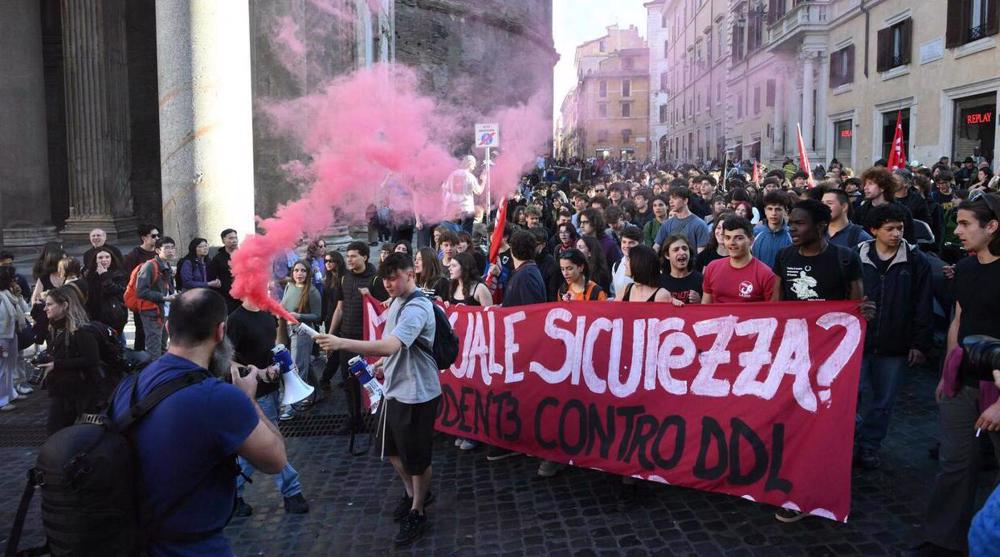
Protesters rallying against Italy's new security bill clash with police
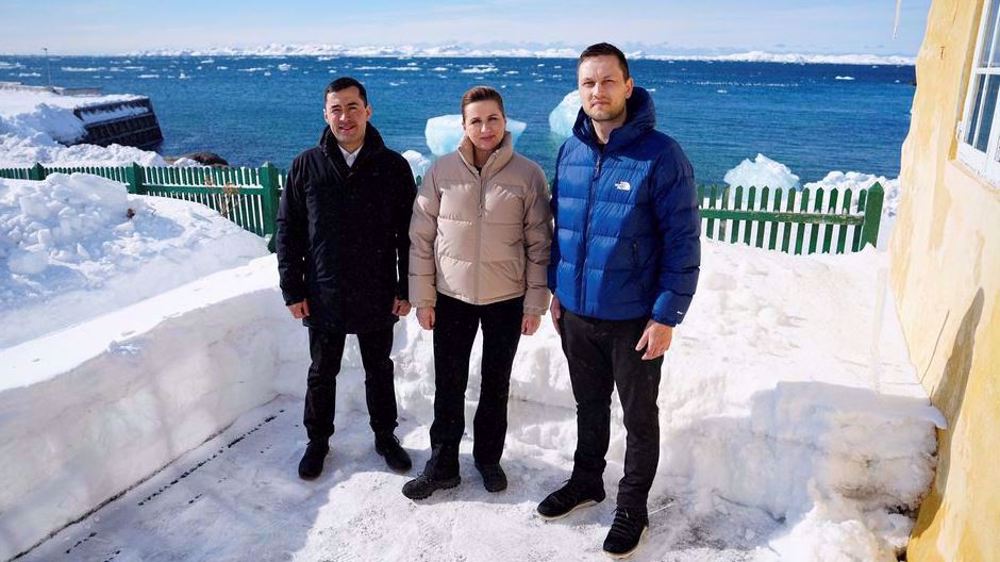
Denmark's PM visits Greenland after Trump threat to seize it
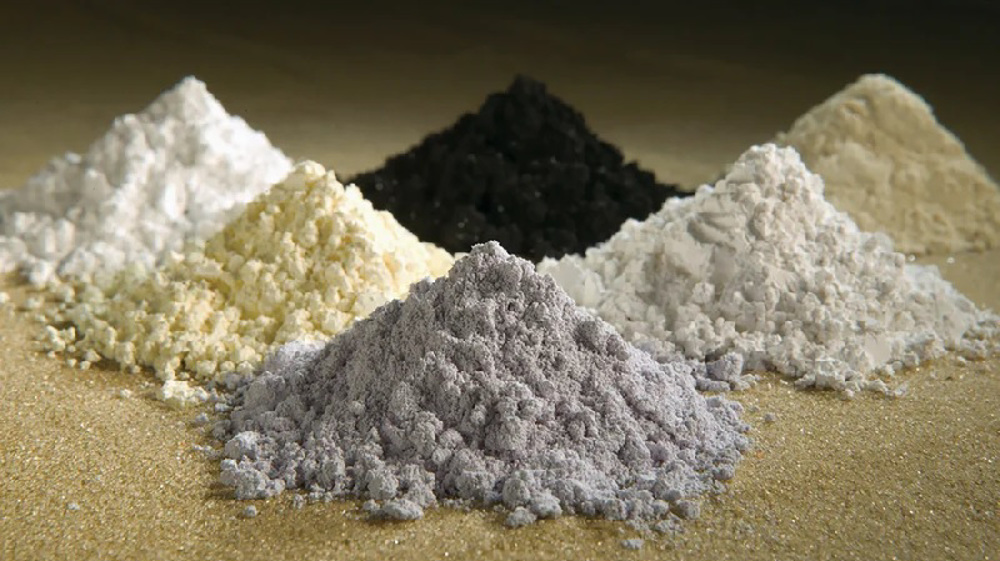
Trump targeting Ukraine's mineral wealth
Iran jet fuel use up by over 6% in year to March
VIDEO | Iraq to Yemen, Bush to Trump; ageless legacy of American death and destruction
VIDEO | Press TV's news headlines
Israel claims it destroyed former military site in southern Syria
Israel trying to destabilize Lebanon, Syria through military provocations: Arab League chief
IRGC chief: Iran knows war formulas needed to defeat enemy
VIDEO | Ansarullah leader warns nations against supporting US aggression on Yemen
VIDEO | Conflict with Turkey in Syria...and Israeli divisions


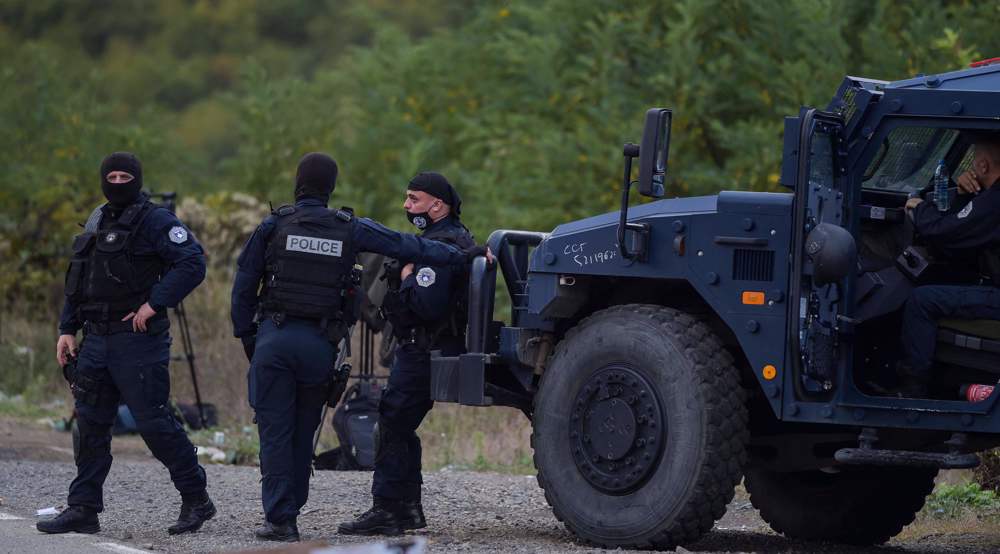
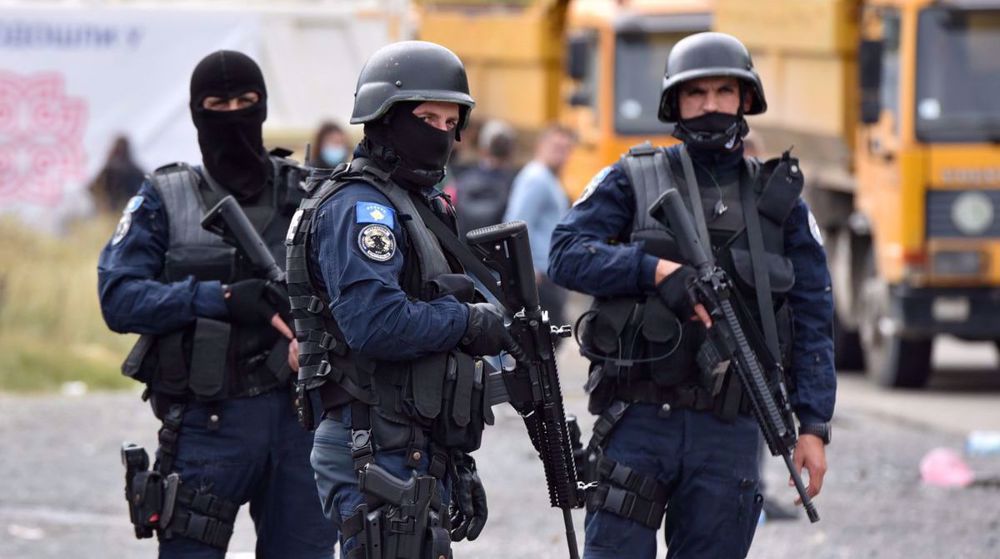




 This makes it easy to access the Press TV website
This makes it easy to access the Press TV website